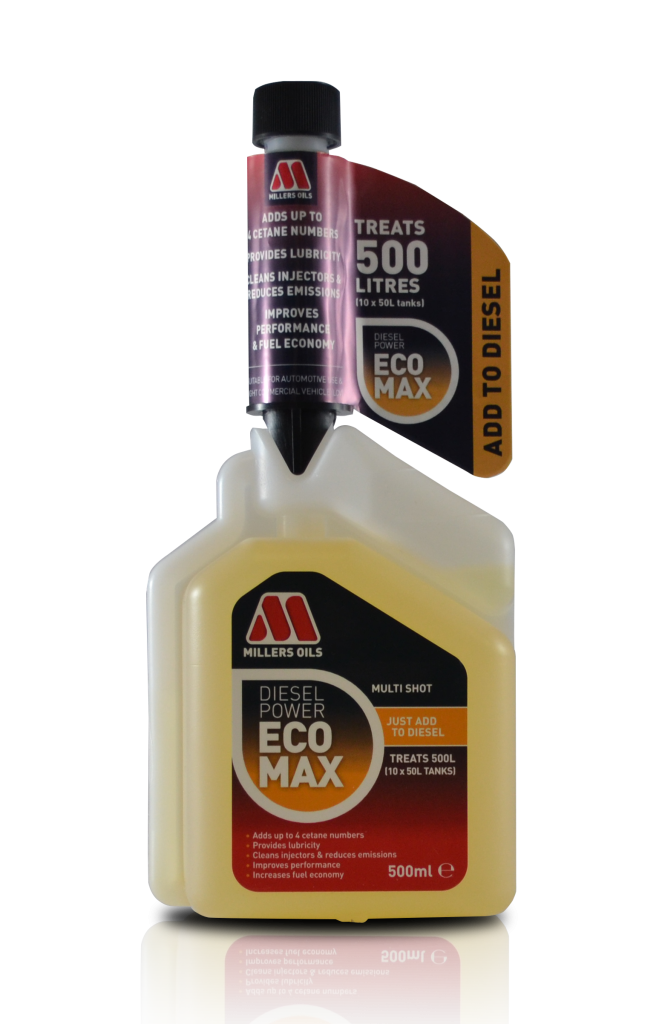I have a few questions about the DPF and EGR. The more I read about it the more worried it makes me. I have a 2017 LR Discovery 3.0l TD6 with 65k miles that I've owned as a CPO since 6800miles. I'm reading some horror stories about cost and part availability for people getting higher mileage on these with regards to the DPF/EGR system.
1) In general how many miles is a DPF filter supposed to last for?
2) Can diesel additives prolong the life?
There are some additives out there like
Hot Shot Diesel Extreme I'm about to run through my tank then I purchase two bottles of the
Hot Shot's Every Day Treatment to start running with all my fill ups. From what I've read on some LR forums and watched on youtube reviews the Diesel Extreme seems to make a noticeable difference cleaning things out and the EDT seems to increase people's drivability across the board.
I use to think everything was snake oil then ran a few bottles through an old diesel truck of my dads and it legit cleaned it up and got it running better. I had someone once say "If it worked they'd be adding to the fuel" but then had a counterpoint made that with as much fuel as they sell they're out there trying to make the best margins they can. It's why there's different tiers of diesel with the Tier 1 coming around that has the higher cetane levels. Unfortunately even in Houston, Tx there's only two Tier 1 places (Costco) and neither are anywhere practical to my home. For a EGR valve and DPF replacement at the dealership it's something like $7k based on what someone else is going through. So I'd rather do what I can to prolong things.

